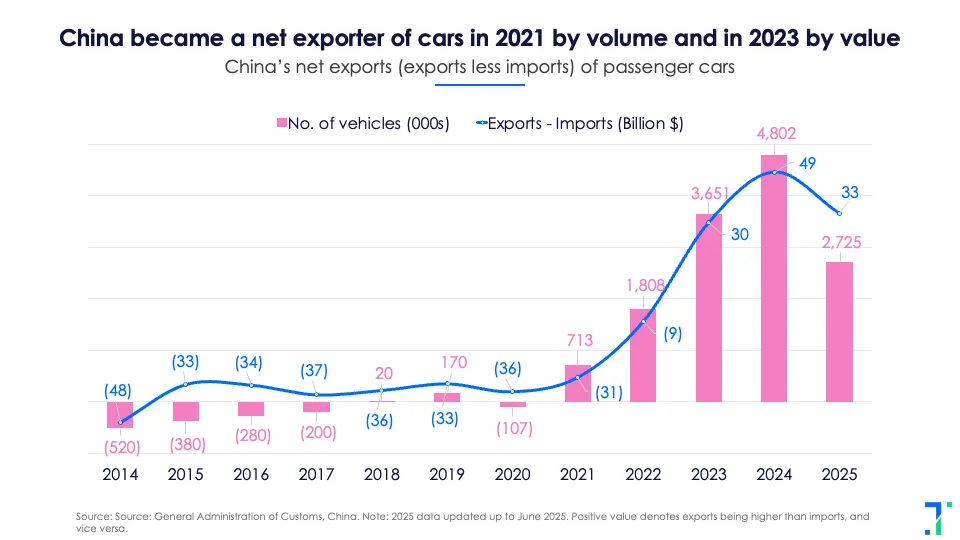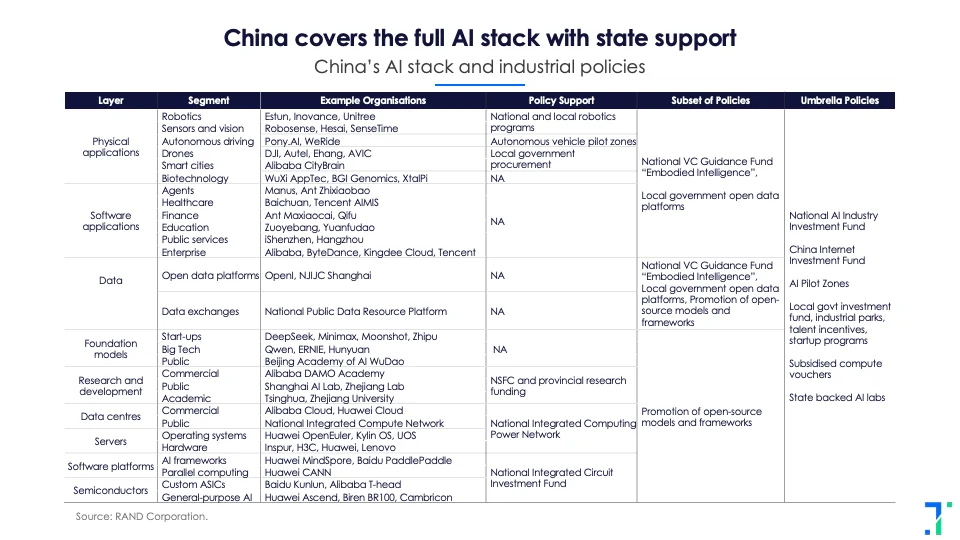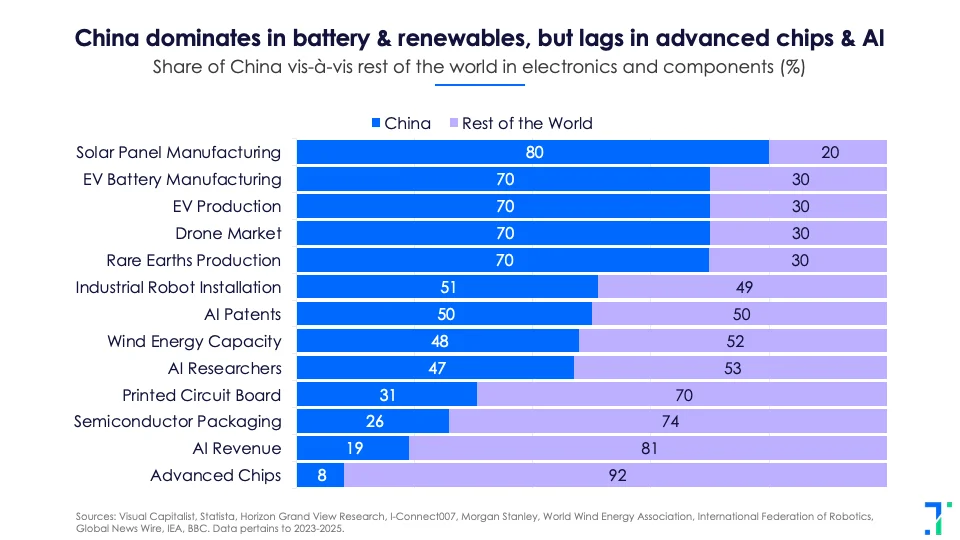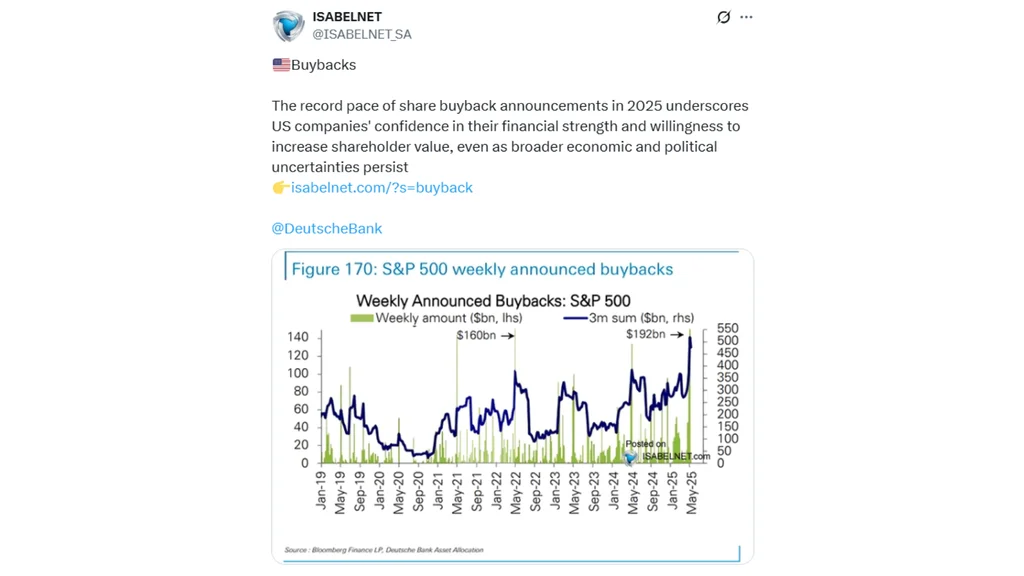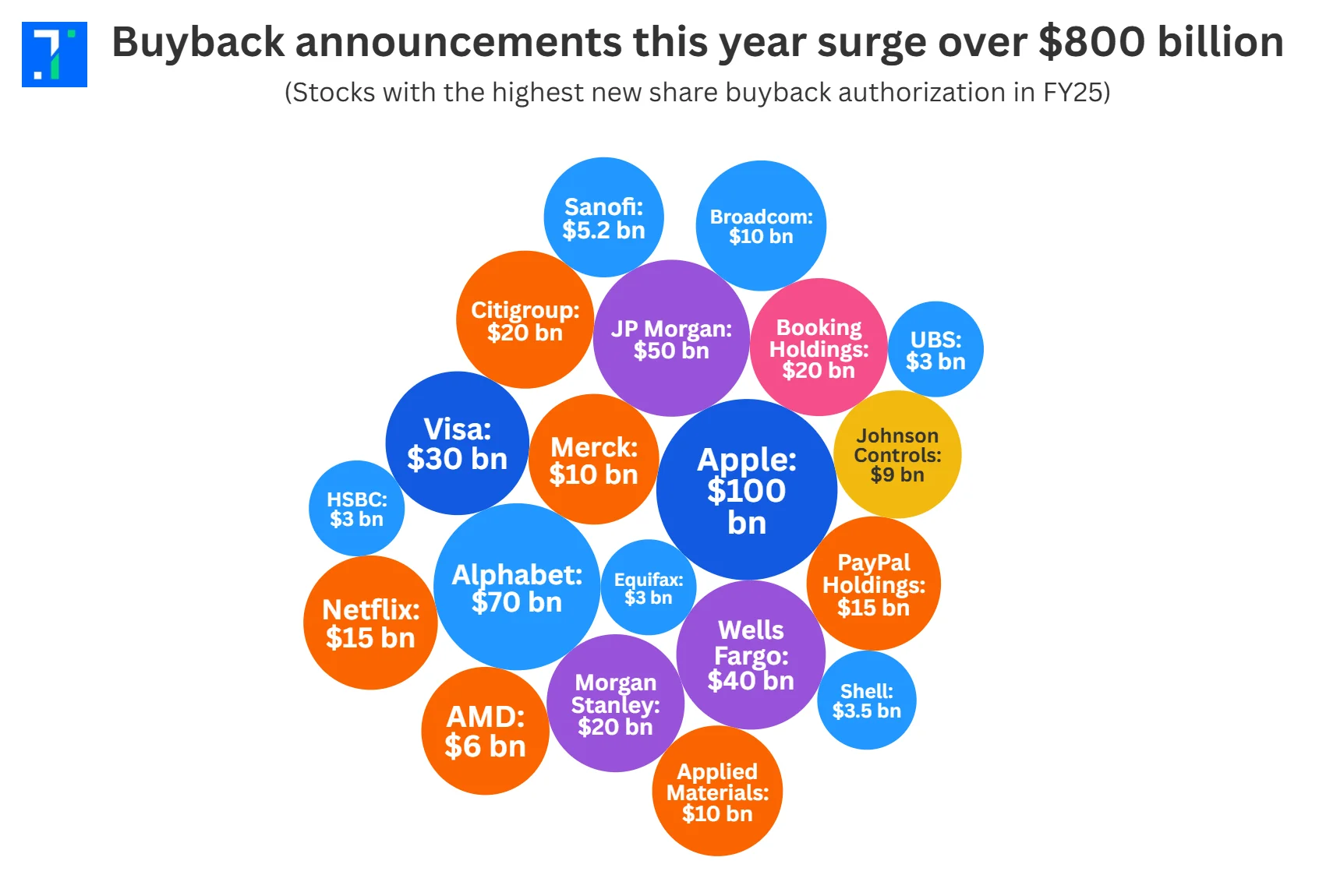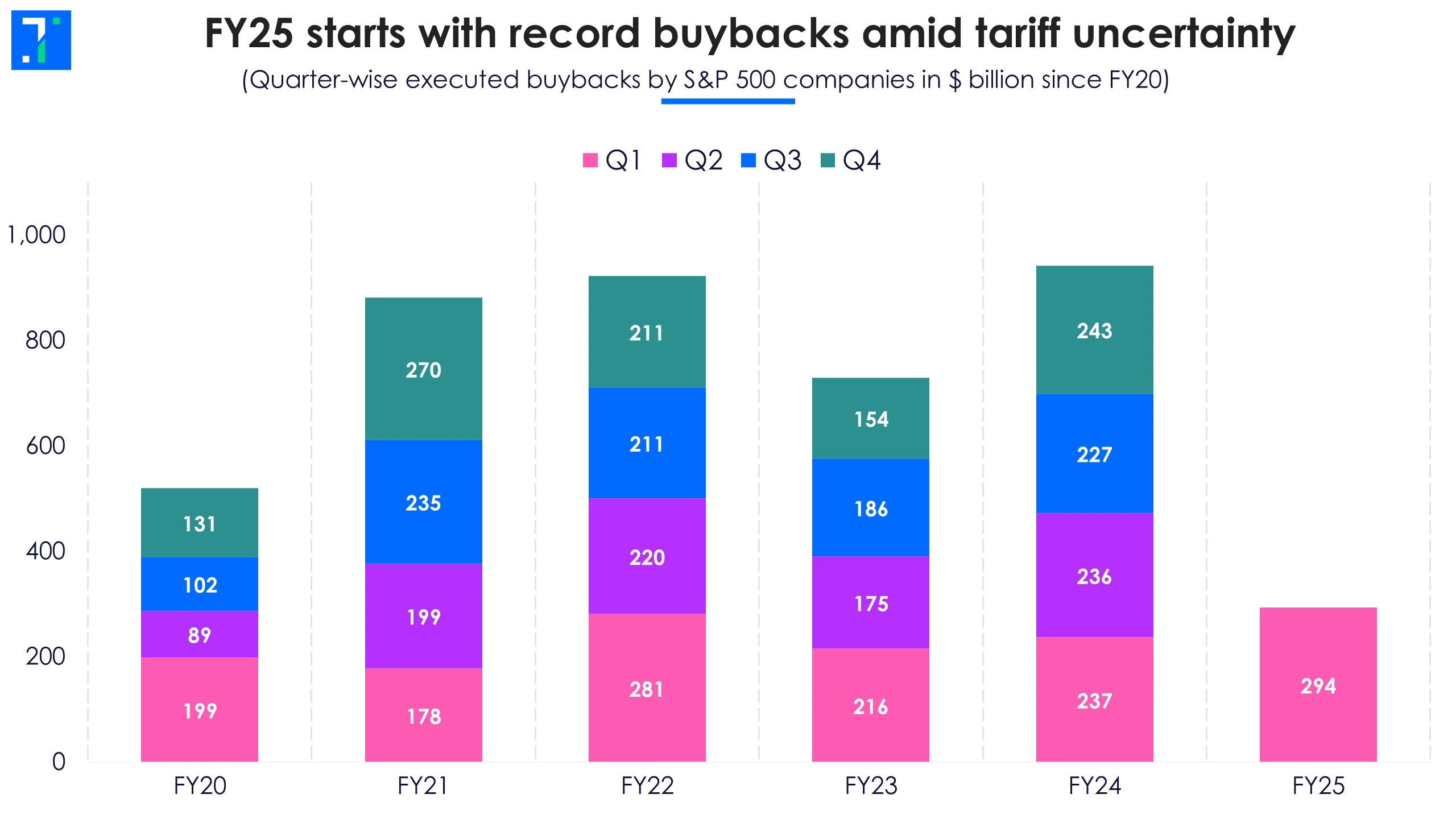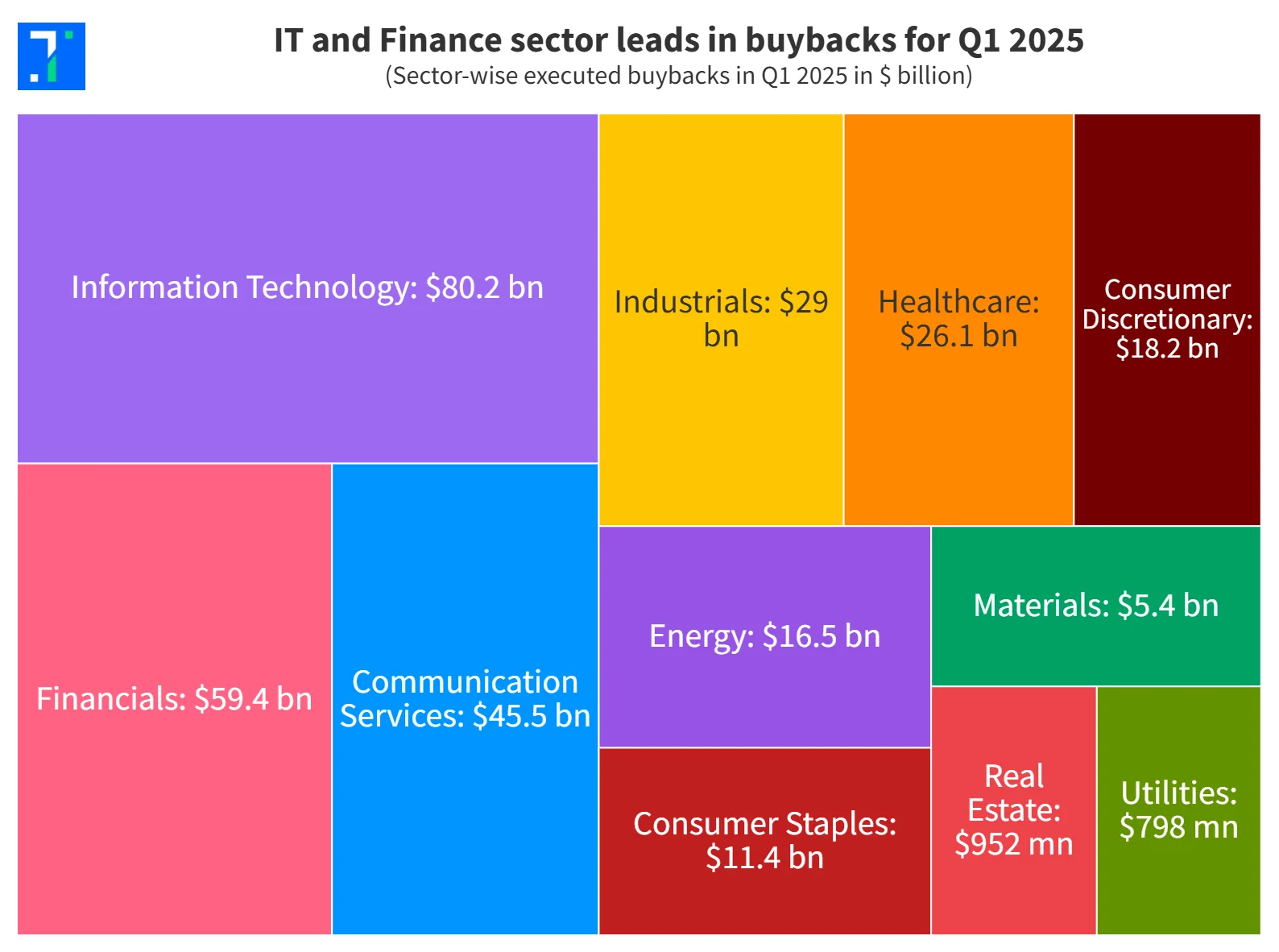
1. Polycab India:
Sharekhan reiterates its ‘Buy’ rating on this cables and wires (C&W) manufacturer with a target price of Rs 8,000, a 16.9% upside. In Q1FY26, the company posted a 26% YoY revenue growth, driven by strong performance in both the C&W and fast-moving electrical goods (FMEG) segments. Exports rose 24% and made up 5.2% of total revenue, with the management aiming to grow this to 10% by 2030. Net profit grew 49% YoY during the quarter. Both revenue and profit exceeded Forecaster estimates.
Analysts highlight that the management is optimistic about domestic demand, supported by ongoing infrastructure projects and growth in the real estate sector. They expect real estate projects to play a key role in boosting wire sales, as it accounts for about 70% of demand in that segment.
Polycab’s order book stands at Rs 10,000 crore, with Rs 8,000 crore linked to the Bharat Net project (a government drive to expand broadband in rural areas). Analysts are optimistic as the company plans to bid for more such projects and has stated it faces no working capital concerns for executing them. During the quarter, Polycab spent Rs 410 crore on capex and plans to invest over Rs 6,000 crore in the next five years. It expects these investments to generate returns worth 4 to 5 times the amount spent.
2. Marico:
Emkay maintains a ‘Buy’ rating on this personal products company with a target price of Rs 810, indicating a 14.6% upside. Analyst Nitin Gupta notes that the company’s short-term performance may be affected by rising copra prices in both India and Indonesia. Over the past six months, copra prices have gone up by about 35% in Indonesia and around 70% in India due to the early arrival of the monsoon.
Gupta expects current cost pressures to ease as market supplies improve in the coming months, which is in line with the company’s view. He believes margins will recover in H2, helped by stronger volumes and better cost control. This, in turn, is likely to support double-digit growth in earnings.
For its India business, analysts expect Marico to slightly reduce volumes as copra prices ease in the coming months. The company is expected to stay cautious, since dealing with high-cost inventory in the supply chain is difficult. While Marico usually keeps its prices steady during inflation, the recent sharp rise in copra prices has led to monthly price hikes—adding up to a total increase of about 55% in the last six months.
3. Astral:
Axis Direct maintains a ‘Buy’ rating on this plastic pipes maker with a target price of Rs 1,680, a 14.1% upside. Analyst Eesha Shah notes that Astral is actively expanding both in India and overseas to tap into new growth opportunities. The company has opened marketing offices in Dubai to target the African and Middle Eastern markets with value-added products. It also plans to launch 12–14 new products from its overseas plants. For FY26, Astral has set a capex target of Rs 250–300 crore.
Astral’s pipes business saw only single-digit volume growth in FY25, mainly due to fluctuating polymer prices, which fell by 18% during the year, and lower government spending. Its adhesive segment reported a 12% EBITDA margin, down by 120 bps, because of volatility in raw material prices and high operating costs. Looking ahead, the company expects EBITDA margins to improve to around 17–18%.
Hiranand Savlani, Director & CFO, said, “We’re focused on adding more value-added products—these may not boost volumes much, but they deliver higher margins.”
Shah expects Astral’s revenue and net profit to grow at a CAGR of 16.7% and 25.9%, respectively, over FY26–FY27.
4. Fine Organic Industries:
Anand Rathi initiates a ‘Buy’ rating on this specialty chemical company, with a target price of Rs 6,400, a 18.7% upside. In FY25, revenue increased by 7.8%, supported by higher exports and strong demand for its chemicals.
Analyst Nitesh Dhoot notes that in Q3 FY25, the management signed an agreement with the Jawaharlal Nehru Port Authority (JNPA) to establish a 70 kilo tonnes per annum (ktpa) manufacturing facility in a Special Economic Zone (SEZ) in Maharashtra to increase exports. The company also plans to establish a unit in South Carolina, US.
Analysts write that the company's international expansion will strengthen its presence and create new growth opportunities once facilities become operational. They expect the company to generate Rs 900 crore in cash by FY27 and project Fine Organic’s revenue and net profit to grow by 11.6% and 15.6%, respectively, over FY26–28.
Mukesh Shah, Chairman, notes, “Domestic demand for chemicals is growing at 8–10% CAGR. We expect the Patalganga facility, with a capacity of 10 ktpa, to reach full utilisation by the first half of FY27. We also plan to increase the facility’s capacity over the next 6 to 8 months to meet the rising demand.”
5. ICICI Lombard General Insurance Company:
Motilal Oswal reiterates its ‘Buy’ rating on this general insurance company with a target price of Rs 2,400, a 25.9% upside. In Q1FY26, the company's revenue rose 14.3% YoY to Rs 6,408 crore, driven by higher growth in auto and health segment premiums. Net profit grew 28.7% to Rs 747 crore, supported by strong investment income.
Management is prioritising profitability over volume in the auto, business insurance, and retail health insurance segments, and avoiding aggressive pricing. Analysts Prayesh Jain and Nitin Aggarwal note that the company is not expanding in the auto insurance segment due to intense competition. They expect margins to improve in third-party auto insurance if the Insurance Regulatory and Development Authority of India (IRDAI) approves the proposed rate hike.
Analysts note that ICICI Lombard is gaining traction in the retail health segment, supported by product innovation and expanding distribution. They expect the industry to gradually recover in FY26, supported by infrastructure spending and a rebound in auto sales, which could support growth.
Management aims to reduce the retail health loss ratio (claims paid to premiums earned) to below 70% this fiscal year, compared to 74.3% in FY25, through improved pricing and product mix. Analysts believe this focus on retail health, along with recovery in the business insurance segment and improved industry pricing, will support growth. They expect 23% profit growth in FY26.
Note: These recommendations are from various analysts and are not recommendations by Trendlyne.
(You can find all analyst picks here)



